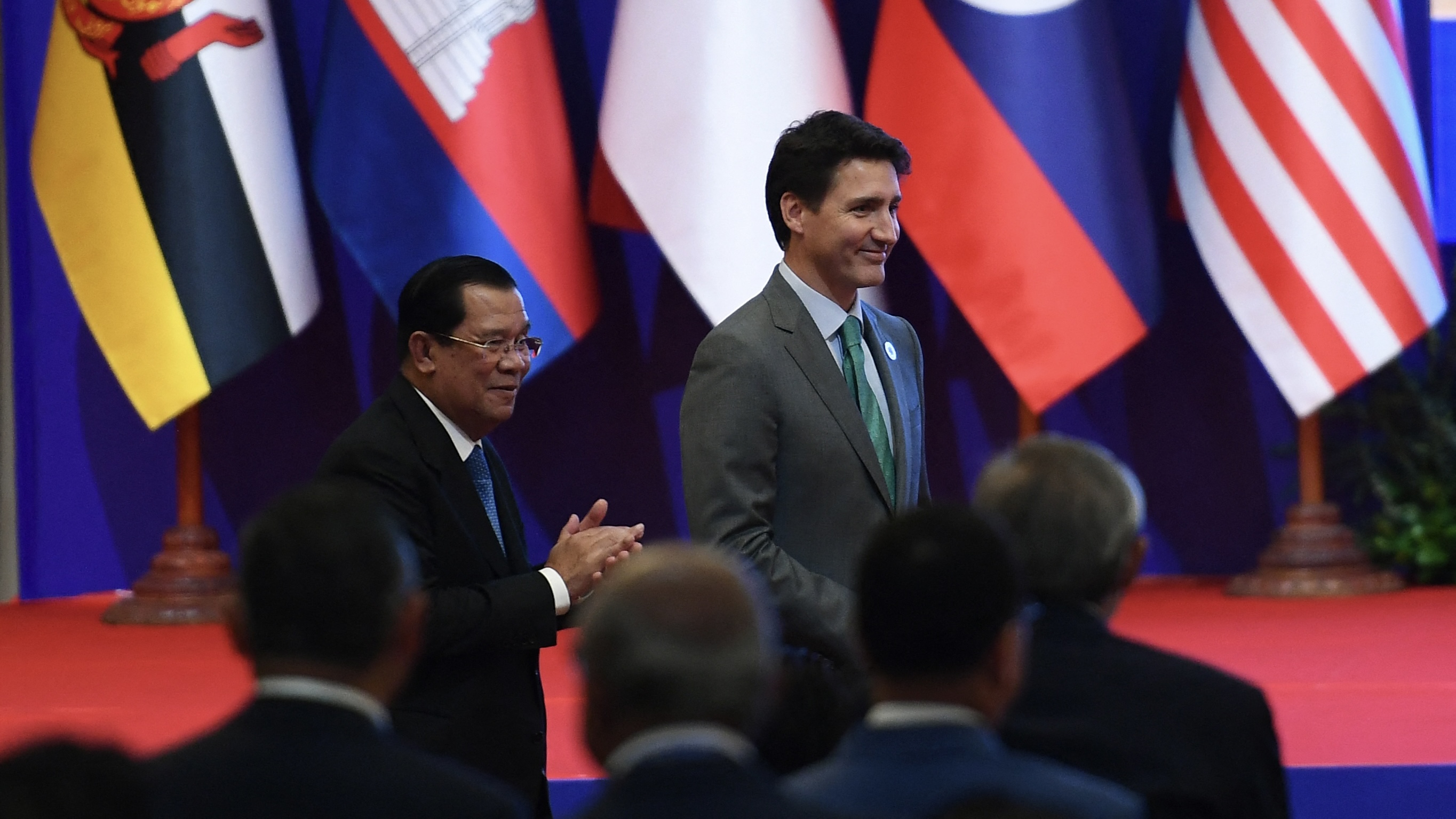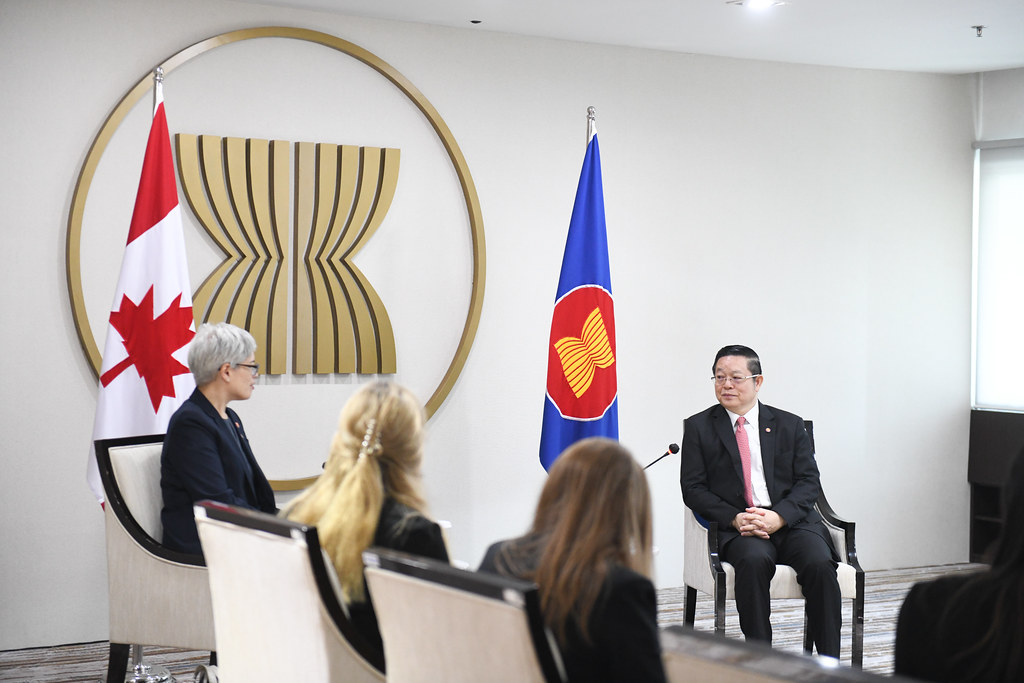ASEAN and Canada will have a meeting in September to mark Canada’s new position as an ASEAN strategic dialogue partner. Canada will become the bloc’s latest strategic partner after a lengthy delay.
ASEAN currently has five such partners: New Zealand, Japan, the EU, South Korea, and Russia. ASEAN’s four comprehensive strategic partners are China, Australia, the United States, and India. Under Brunei Darussalam’s leadership, the United Kingdom became an ASEAN conversation partner in 2021.
Last year, Prime Minister Justin Trudeau attended the inaugural ASEAN-Canada meeting in Phnom Penh to honour ASEAN’s 45th anniversary.
The EU has different types of relationships with its conversation partners. Sectoral conversation partners include Norway and Pakistan, while development dialogue partners include Germany and Chile. They are ranked based on the intensity and substance of interactions, as well as the advantages to ASEAN.
ASEAN and Canada established relations in 1977, including collaboration on political and security concerns, regional integration, economic interests, interfaith dialogue, transnational crime, counter terrorism, disaster risk reduction, and other issues.
To strengthen their economic connection, the two sides adopted the Joint Declaration on the ASEAN-Canada Enhanced connection in 2009, followed by the signing of the Canada-ASEAN Joint Declaration on Trade and Investment in 2011.
In 2016, Canada appointed an ambassador to ASEAN. All ten ASEAN member countries have diplomatic representation from Canada.
Canada ASEAN Relations
The diplomatic, economic, and cultural links between the Association of Southeast Asian Nations (ASEAN) and Canada are referred to as ASEAN-Canada relations. ASEAN is a Southeast Asian regional organisation made up of 10 Southeast Asian countries: Brunei, Cambodia, Indonesia, Laos, Malaysia, Myanmar, the Philippines, Singapore, Thailand, and Vietnam. The country of Canada is located in North America. Despite their physical distance, ASEAN and Canada have a cooperative relationship based on common interests and cooperation.
ASEAN-Canada relations have changed over the course of several decades. Canada joined ASEAN as a discussion partner in 1977, and the relationship was advanced to a strategic partnership in 2010. The relationship focuses on a variety of areas of collaboration, such as political and security discussion, economic cooperation, and sociocultural exchanges.
Political and security consultations: ASEAN and Canada hold frequent political consultations to address regional security, counter-terrorism measures, human rights, and democratic government. Both parties collaborate to achieve regional peace, stability, and security.
Economic cooperation: Canada and ASEAN’s economic partnership is increasing. Several ASEAN member countries consider Canada to be an important trading partner, and both sides have shown an interest in expanding trade and investment ties. Canada is actively involved in the Comprehensive and Progressive Agreement for Trans-Pacific Partnership (CPTPP) negotiations, which include numerous ASEAN member countries.
Socio-cultural interactions: Through different efforts, ASEAN and Canada foster people-to-people exchanges and cultural understanding. To develop deeper understanding and collaboration between ASEAN and Canada, educational scholarships, youth exchanges, and cultural events are organised.
Canada provides development aid to ASEAN member nations, primarily in the areas of poverty reduction, sustainable development, and capacity building. Healthcare, education, and environmental sustainability are among the topics addressed by development projects.
ASEAN and Canada have worked to strengthen their relationship in recent years through greater engagements and collaborations. Both parties recognise the value of regional stability, economic integration, and addressing common concerns like climate change and cybersecurity.
Overall, ASEAN-Canada relations are marked by communication, cooperation, and mutual respect, with the goal of strengthening relationships and promoting shared prosperity in Southeast Asia.





